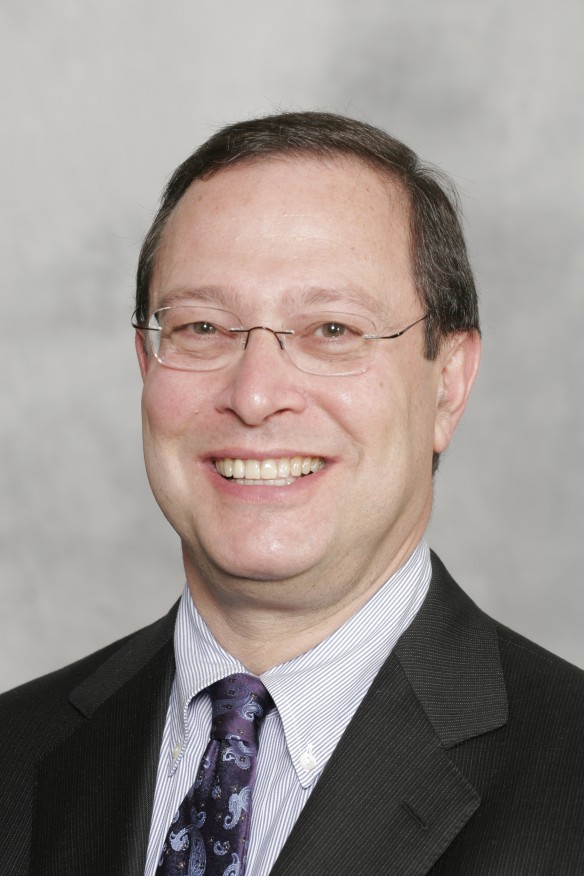Raphael Pollock, MD, PhD
Raphael Pollock, MD, PhD, was born in Chicago, IL, where he received his primary and secondary school education. Dr. Pollock graduated from Oberlin College in 1972 with a BA in History (high honors). He received his MD degree from St. Louis University, St. Louis, Missouri, and then completed residency training in General Surgery at the University of Chicago and Rush-Presbyterian-St. Luke’s Medical Center, Chicago, Illinois. This was followed by a fellowship in Surgical Oncology at the University of Texas M. D. Anderson Cancer Center, Houston, Texas. Upon completion of fellowship training in 1984, Dr. Pollock joined the faculty in the Department of Surgical Oncology at The University of Texas. He completed PhD training at the Graduate School of the Biological Sciences, University of Texas Health Sciences Center / Houston in 1990, and was promoted to Associate Professor the following year. Dr. Pollock became Chairman of the Department of Surgical Oncology in 1993, was promoted to Professor in 1995, and became Head of the Division of Surgery at The University of Texas M. D. Anderson Cancer Center in 1997. In 2013, Dr. Pollock joined The Ohio State University Wexner Medical Center College of Medicine Department of Surgery as the Director of the Division of Surgical Oncology and the Chief of Surgical Services of the Ohio State University Comprehensive Cancer Center – Arthur G. James Cancer Hospital and Richard J. Solove Research Institute (OSUCCC–James).
Dr. Pollock has a lifetime professional dedication to patient care and research in soft tissue sarcoma. His clinical practice and laboratory research focus on soft tissue sarcoma, a rare cancer in adults but rather prevalent in children. He has published widely on sarcoma surgery and treatment, and his funded research includes sarcoma molecular biology and the development of novel therapeutics for this group of diseases. His laboratory work involves the discovery of oncogenes and tumor suppressor genes in soft tissue sarcoma. He is principal investigator of an $11.5 million National Cancer Institute (NCI) grant to support collaborative sarcoma translational research. The NCI Specialized Programs of Research Excellence (SPORE) grant, awarded to the Sarcoma Alliance for Research for Collaboration last fall, represents the largest award ever to study sarcoma.


